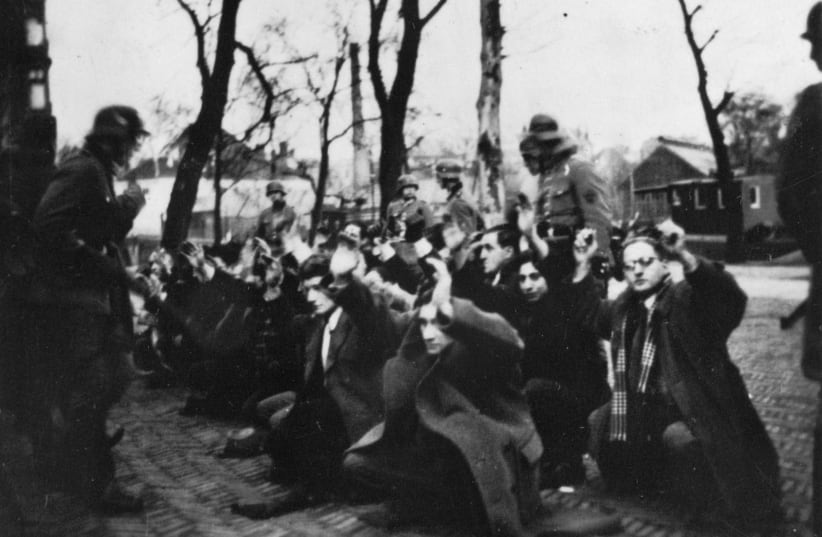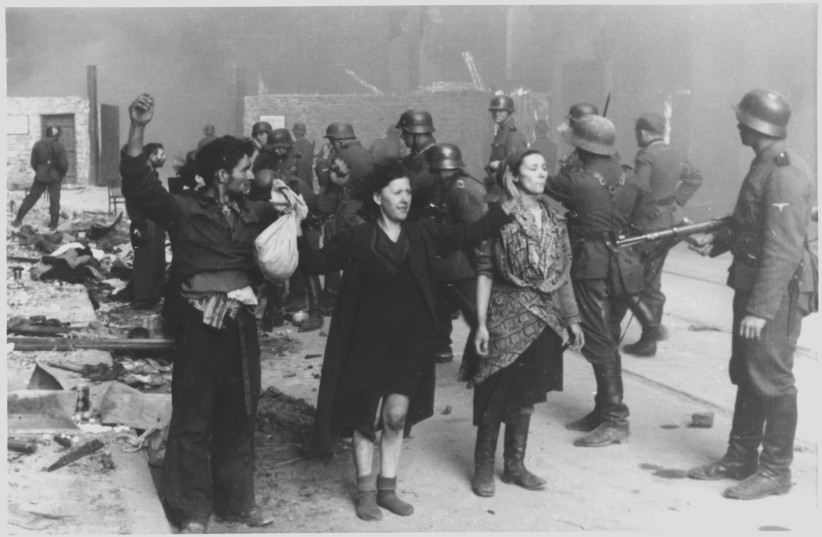The largest war archive in the Netherlands will become digitally accessible in 2025, project War in Court (Oorlog voor de Rechter) said on Thursday, worrying descendants of World War Two Nazi collaborators who fear the reopening of old wounds.
A Dutch law, making the archive only accessible conditionally and on request, will expire January 2025. And while the EU's General Data Protection Regulation privacy law protects personal data, it doesn't apply to people who have died - the majority of the people involved.
The archive, consisting of 32 million pages, includes 300,000 mostly Dutch people who The Netherlands investigated for collaboration with German occupiers. Only a fifth appeared before a court, while most concerned light cases like being a member of the nationalist socialist movement.
At least 15 people from War in Court will be working to digitalize the archive.
Some descendants fear making it easily accessible might reopen old hostilities and suspicions
"There is a fear, particularly among first generation descendants, that (it) will lead to new suspicions and accusations in communities that were torn apart in the past," said Jeroen Saris, chairman of the Recognition Working Group Foundation, a Dutch interest group.
Although not against the digitalization, Saris stressed in a statement that it should lead to further research and that the privacy of those involved should be handled with care.
Project leader Edwin Klijn told Reuters having a public debate about the archive and giving descendants of both the victims and the offenders a voice were important.
He added that depending on the outcome of the debate the digitalized archive might still have some constraints.
Klijn also pointed out the importance of a digitally available archive for educational purposes, especially after research found that almost a quarter of young Dutch people deny or play down the Holocaust.

